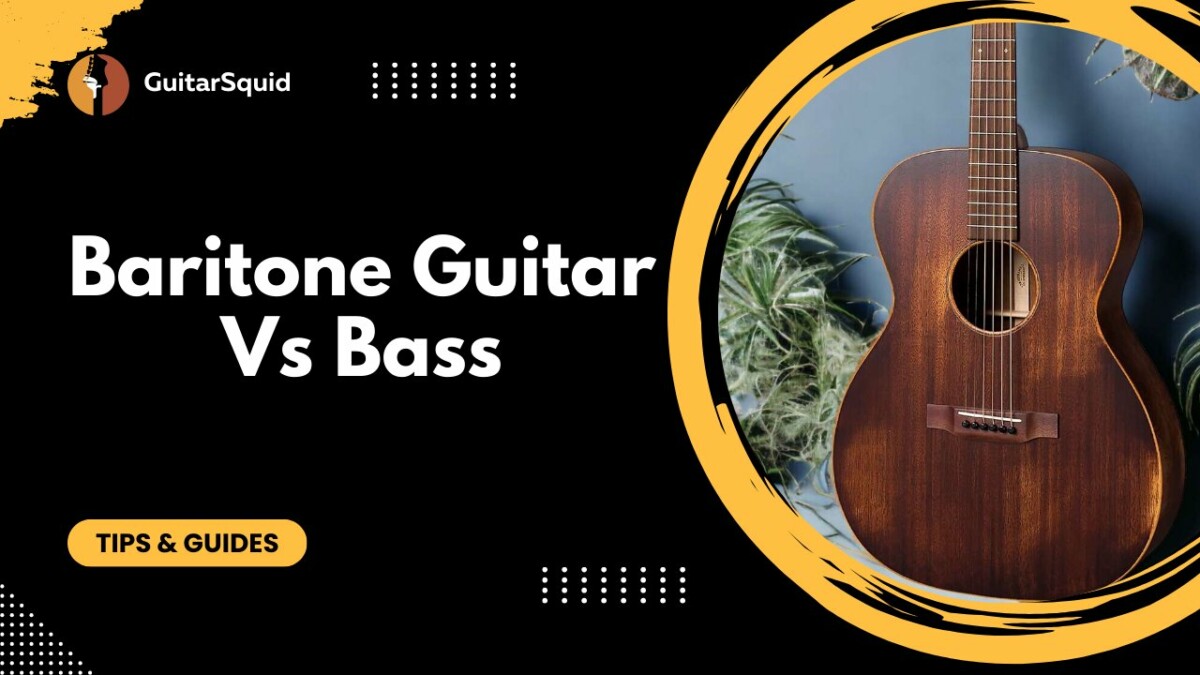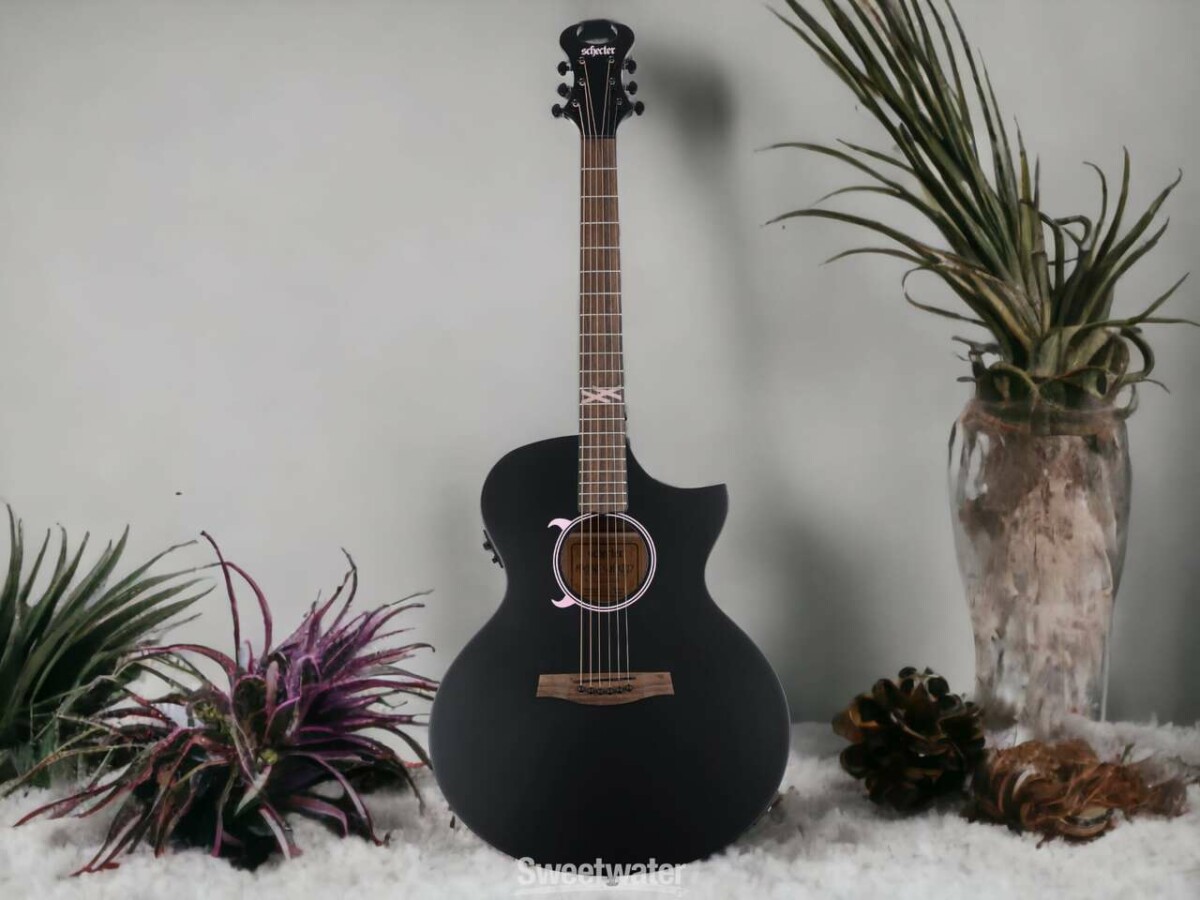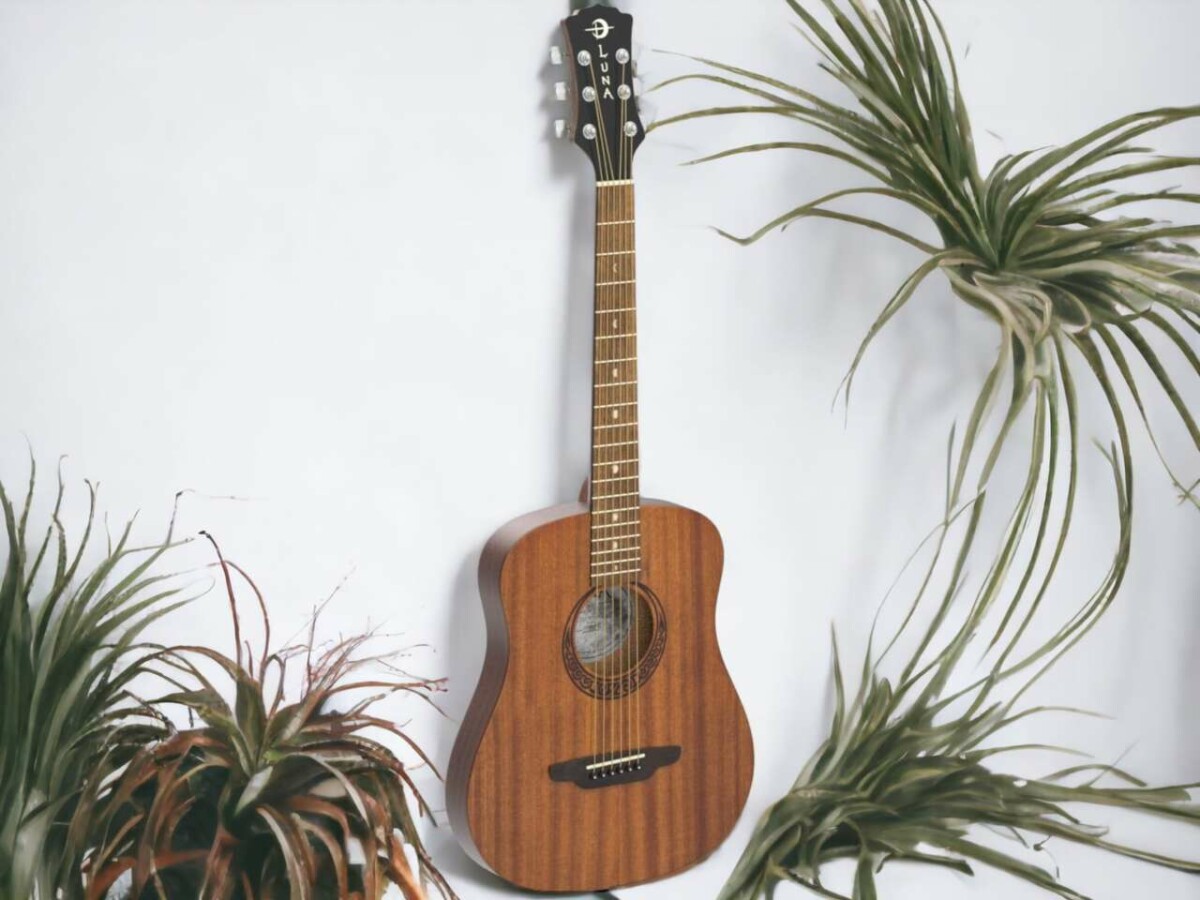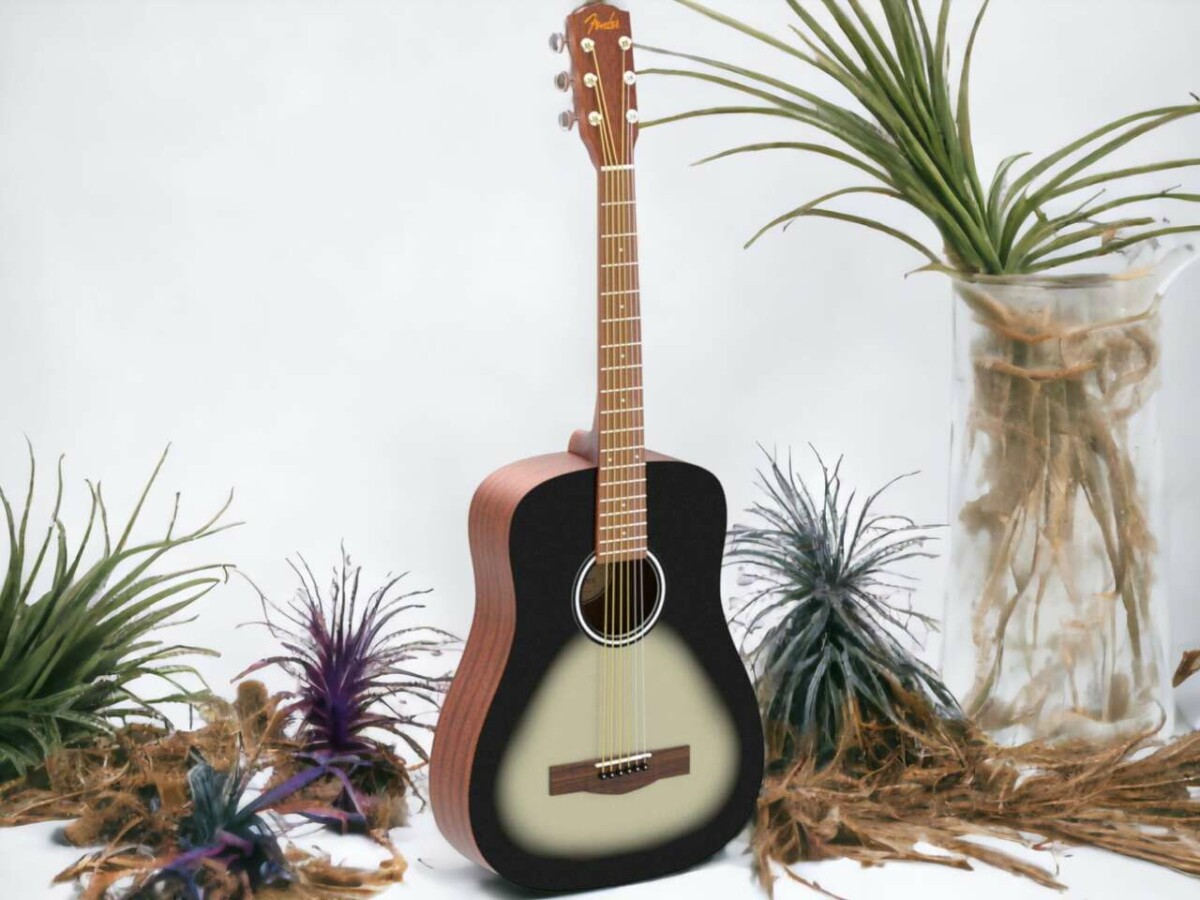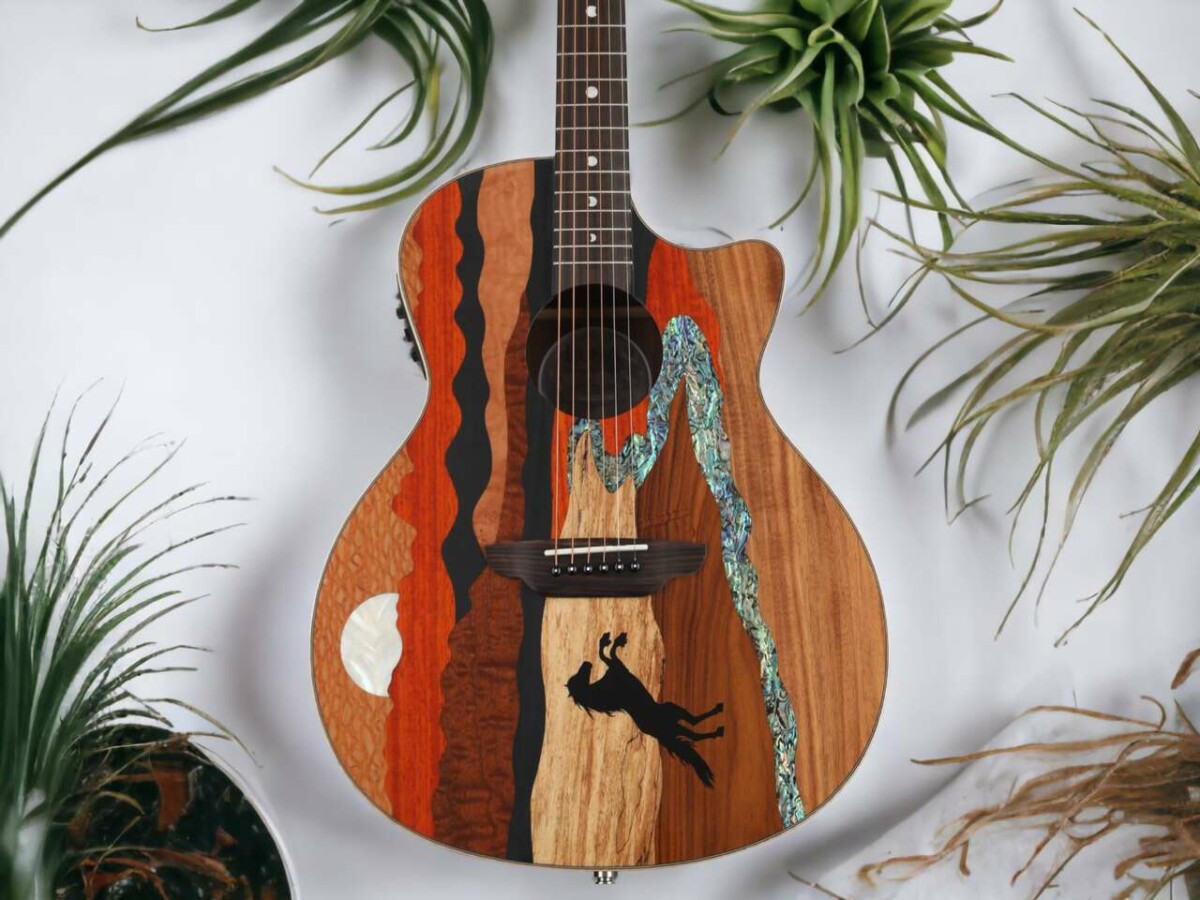They say that music is a universal language, right?
Well, buckle up because we’re about to go deep diving into the world of ‘baritone guitar’ and ‘bass’.
Imagine immersing yourself in the rich, deep vibes of the baritone guitar, a favorite among jazz aficionados, and then juxtaposing it with the deep, rhythmic pulse of the bass.
We’ll explore their distinctive roles, find common ground, and point out what sets them apart.
By the time we’re done, you’ll have a solid grasp of these mesmerizing instruments and their significance in the grand scheme of your musical lexicon.
So, let’s amp up and crank the volume on your knowledge base.
Baritone Guitar vs Bass: What’s the Difference?
The baritone guitar bridges the pitch gap between a regular guitar and a bass. It is typically tuned to B standard or even lower, while a bass is tuned significantly lower, catering to rhythm and low-frequency harmonics in music.
Alright, let’s break it down. We’re talking about two different beasts here: the baritone guitar and the bass. Each has its own vibe and role in the music scene.
The main thing that sets them apart? Their tuning range. Baritone guitars are tuned a notch down from standard guitars, so they’re kind of like the middle child between a guitar and a bass.
Now, the bass guitar – that’s a whole different story. These bad boys are known for their lower pitch and usually rock four strings.
The sound? Well, that’s another area where they don’t see eye to eye. A baritone guitar has this deep, warm tone that’s just spot on for jazz and blues. It’s like the musical equivalent of a warm hug.
Bass guitars, on the other hand, bring the thunder. They lay down that solid low-end beat, which is the backbone for any rhythm section.
The Unique Characteristics of Baritone Instruments
Let’s chat about baritone instruments, shall we? Their lower pitch range and unique sound make them real standouts. But that’s just scratching the surface.
Take the baritone saxophone and the bass saxophone, for example. The baritone sax has these extra low notes like C#, C, B, and Bb that give it a rich, full-bodied sound. On the downside, that also makes it a bit pricier. The bass sax, on the other hand, isn’t as common, but it has a unique sound that you won’t find in the baritone sax.
Now let’s talk about the baritone guitar in the rock music scene. It’s a total game-changer. The deep tone and resonance of this instrument create this intense, moody sound that’s become a staple in many rock genres. And its extended range? It opens up a whole new world of musical exploration, making your performances super dynamic.
Diving Deeper: The Bass Instrument Explored
Now, let’s shift our attention to the bass instrument.
It’s pretty much a different beast altogether. The bass, with its deep, resonating tones, provides a sound that’s distinctively different from the baritone.
It doesn’t matter if you’re jamming on a bass guitar or plucking the strings of a double bass, grasping these differences can totally reshape the way you play and enjoy music.
It’s all about finding the groove and feeling the music flow through you. It’s not just about the rhythm, it’s about the vibe.
Bass Instrument’s Unique Features
So, let’s talk about bass instruments, shall we? Now, I know what you’re thinking – the baritone guitar has tons of gear readily available, so why even bother with the bass? Well, buddy, you’re in for a surprise.
You see, the bass has some kickass features that really make it pop in the music scene.
One of the coolest things? Its tonal range. It’s way deeper than the baritone’s, giving it this warm and resonant sound that just hits different. It’s like the perfect backdrop for rhythm sections, setting the stage for other instruments to shine on.
But that’s not all. The way you play a bass is a whole different ball game. With a baritone, you’re often doing this complex finger-picking dance, right? But with a bass, it’s all about that rhythmic, percussive style. It’s a new challenge, but trust me, it’s so worth it.
Bass Versus Baritone Usage
Ready to dive into the deep end of the bass versus baritone debate? Let’s do this.
The bass is your go-to for laying that thick, rhythmic foundation in all your favorite genres – think rock, jazz, and pop. It’s got that low tone and range that screams ‘solid base’.
Now, let’s talk baritone. This guitar is like the love child of a standard guitar and a bass. It brings a unique depth to your sound, making it a hot pick for country and metal fans.
Now, let’s weigh the pros and cons.
The bass is a beast in the music scene. It offers you a lot more freedom to jam in different bands, across various genres.
The baritone, while it may limit your options a bit, has a distinctive tone that can make you stand out from the crowd.
Baritone Guitars in Jazz: A Closer Look
Not many instruments can rock that one-of-a-kind vibe like a baritone guitar, right? And when it’s jazz we’re talking about, that vibe gets even more intense. The rich, deep tones of a baritone guitar in a jazz setting are like a dream come true for any musician in the genre.
You see, it’s not just another bass guitar that you’d usually find in a rock band. Nah, the baritone guitar has a different flavor, one that lets it hit lower pitches. This gives a full-bodied undertone to the bright jazz melodies we all love. It’s like getting a two-for-one deal – the depth of a bass and the versatility of a guitar all rolled into one.
But don’t get it twisted, it’s not all fun and games. Playing it right takes some serious skills and precision. So, the next time you’re chilling with some jazz tunes, listen closely. You might just catch the distinct sound of the baritone guitar, adding its own unique spice to the blend.
Insights and Preferences: User Experiences With Baritone and Bass Instruments
As you dive into the universe of baritone and bass instruments, you’ll see that musicians tend to be pretty opinionated. These preferences are usually molded by their personal experiences and the distinct features of these instruments.
Let’s talk about the baritone guitar and bass, for instance. The baritone has a wider tonal range, making it a more versatile choice. It adds a rich layer to chord voicings and lets you play lower melodies, although it does demand a bit more finger agility and strength.
On the flip side, the bass is the heartbeat of any band, laying down that steady rhythm. But, it mightn’t offer as much flexibility. Getting a grip on the pros and cons of jamming on a baritone or a bass can guide you in picking the instrument that vibes with your musical style and ambition.
Exploring the Voice: Bass-Baritone Singing Considerations
Diving into the world of bass-baritone singing is a wild journey but it’s a good kind of wild. You’ll need to wrap your head around a bunch of stuff to really nail it, like understanding vocal ranges and comparing different voice types.
First things first, let’s get to know the unique range of a bass-baritone. It’s usually described as spanning from the second A below middle C right up to the A above middle C. It’s like the Goldilocks zone of singing – not too low, not too high.
Next up, let’s talk about the sound of bass-baritones. They’ve got this rich, velvety tone that’s a bit darker than your regular baritone, but it doesn’t go as deep as a full-on bass. It’s like the dark chocolate of voices – richer and bolder.
The third point to consider is the type of roles bass-baritones usually take on. It’s pretty common for them to be cast as the bad guys in operas, thanks to their powerful and commanding sound. It’s like they’ve got this built-in villain vibe.
The last but definitely not the least point to remember is that being a bass-baritone is no walk in the park. It demands a strong vocal technique to keep up with the range and power it requires. It’s like being a super-athlete, but for your voice.
If you’re more of a guitar person, think of the difference between a bass and a baritone guitar. Each has its own unique vibe and purpose.

